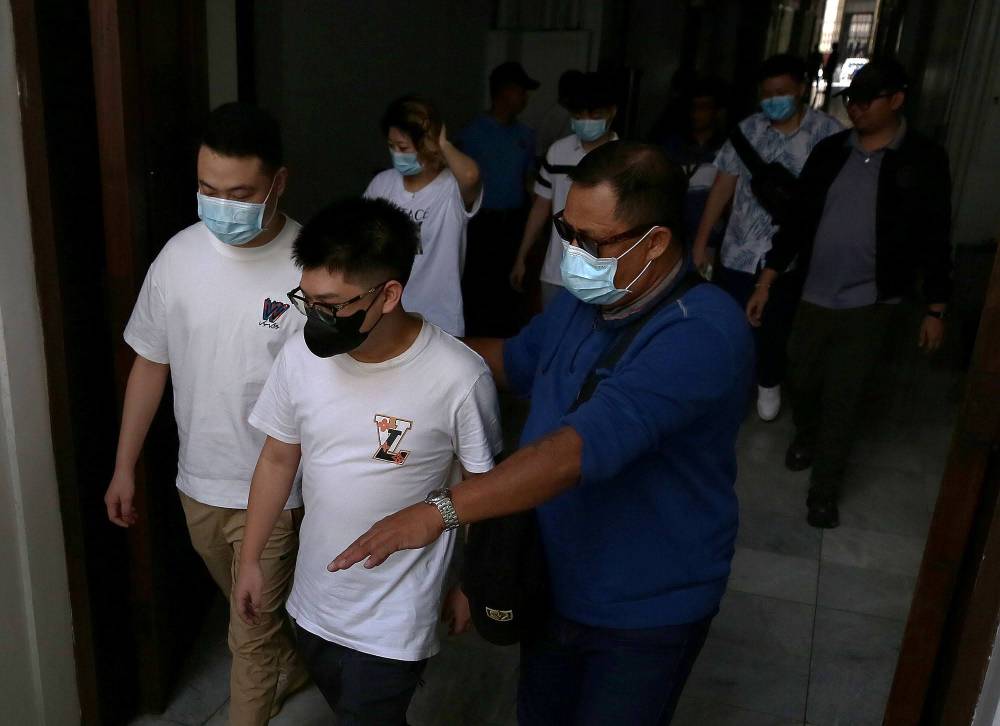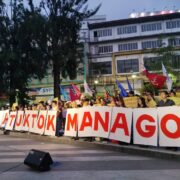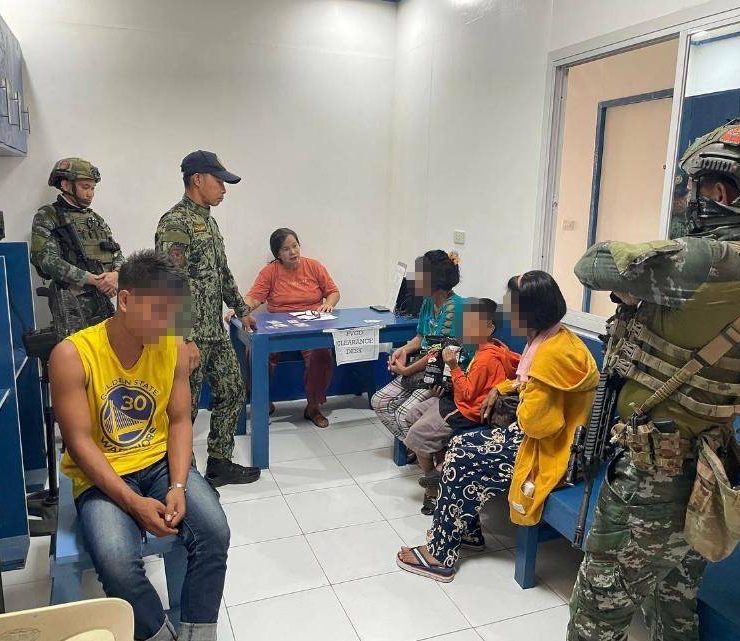Gov’t agencies create legal task force to prosecute human trafficking cases

The Inter-Agency Council Against Trafficking (IACAT), the Office of the Prosecutor General (OPG), and the Office of the Solicitor General (OSG) have signed a memorandum of agreement (MOA) to create a legal task force aimed at ensuring the swift and effective prosecution of human trafficking cases in the Philippines.
The Department of Justice (DOJ) said that the task force would handle cases involving trafficking in persons, online sexual abuse and exploitation of children (OSAEC), and child sexual abuse or exploitation materials (CSAEM) that require legal services from the OSG or its representation of the state.
According to the DOJ, the MOA was signed on Monday by IACAT Undersecretary-in-Charge Nicholas Ty, Assistant Solicitor General Thomas Laragan, and OIC Prosecutor General Richard Fadullon.
“The special legal team aims to institutionalize the government’s approach in handling TIP, OSAEC, and CSAEM cases, covering original, appealed, or offshoot cases related thereto pending before any court,” the DOJ said.
It added that the MOA would assist employees and civil servants in protecting victims of abuse and investigating their perpetrators.
“This ceremonial signing of the MOA by the Office of the Prosecutor General, OSG, and IACAT symbolizes the continued coordination and cooperation needed in the fight against human trafficking,” Fadullon said.
International Justice Mission national director Samson Inocencio Jr., for his part, said the agreement demonstrates the country’s commitment to combating trafficking, including OSAEC.
“This is our way of telling each survivor that he or she is not alone,” Inocencio added.
In 2022, nearly half a million Filipino children—approximately 1 in 100—were trafficked to produce Child Sexual Exploitation Material (CSEM) for profit, according to estimates from a groundbreaking prevalence study by IJM and the University of Nottingham Rights Lab, co-designed with survivors of this crime.
Earlier in June, the US Department of State’s latest annual Trafficking in Persons (TIP) Report revealed that the Philippines remained on Tier 1, as the government “fully meets the minimum standards for the elimination of trafficking.”
“The government continued to demonstrate serious and sustained efforts during the reporting period; therefore, the Philippines remained on Tier 1,” the report noted.

















